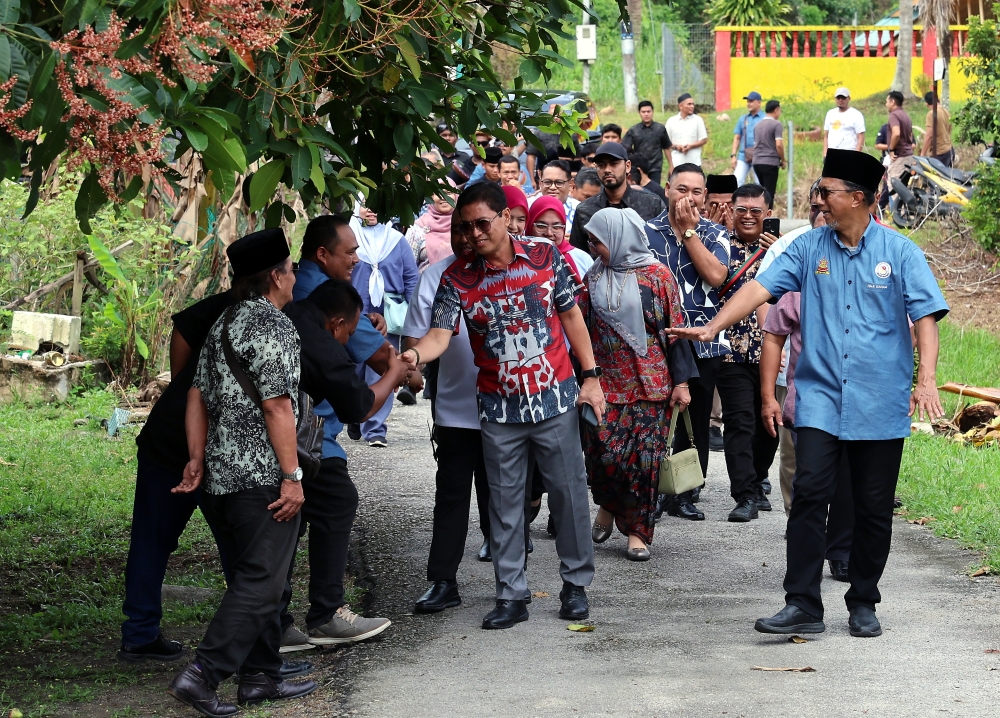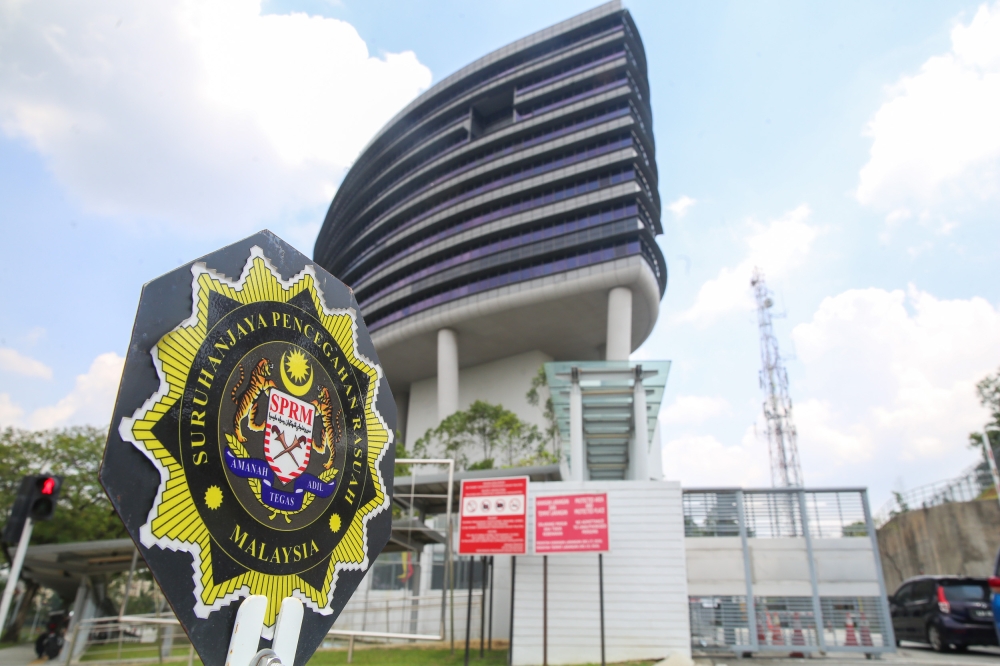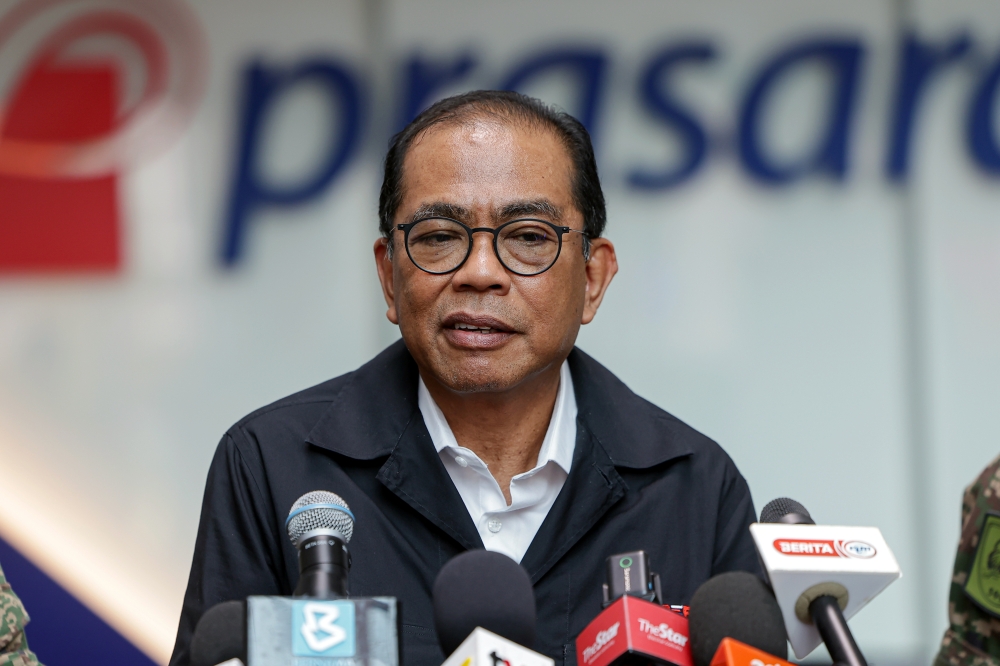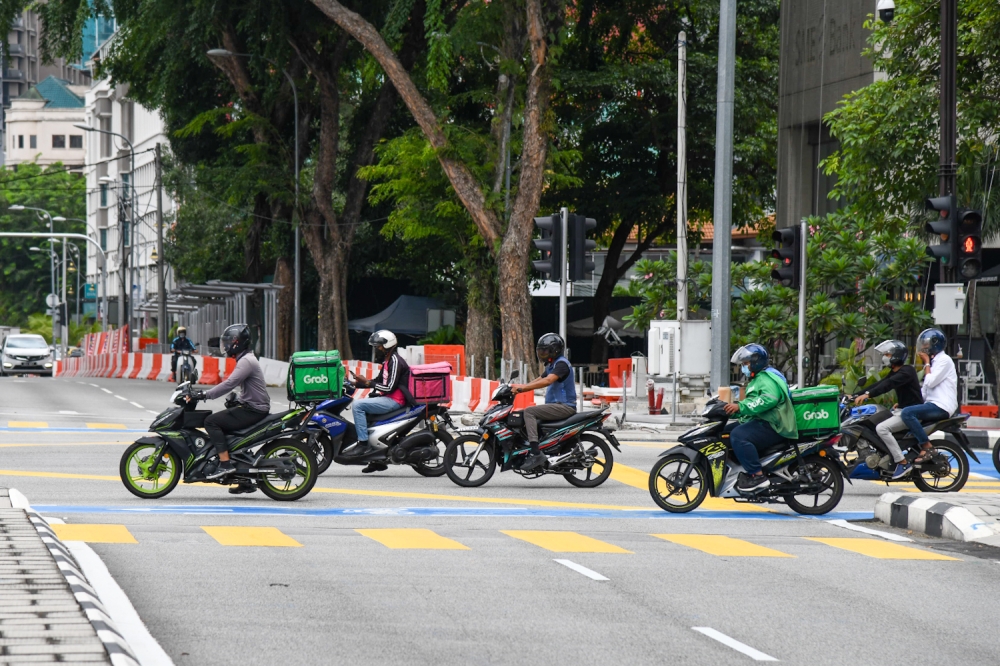SINGAPORE, July 5 — Singapore has formed a trilateral work group to address allegations of foreigners illegally taking on delivery jobs on platforms and affecting local platform workers’ earnings.
The Straits Times reported that the work group includes the Ministry of Manpower (MoM), Ministry of Transport (MoT), Grab Singapore, the National Trades Union Congress (NTUC) and its affiliated associations.
“Our platform workers are vulnerable, as they face a variety of challenges in making a living. It is not right that they suffer from reduced earnings due to competition from illegal workers,” said NTUC secretary-general Ng Chee Meng.
MoM and MoT said in a joint statement on July 4 that the group will be overseen by Senior Minister of State for Health and Manpower Koh Poh Koon, Senior Minister of State for National Development and Transport Sun Xueling, NTUC secretary-general Ng Chee Meng and Grab’s group managing director of operations Yee Wee Tang.
Ng had called on the government on July 4 to form such a work group to address issues impacting platform workers, who contract with platform operators mainly for ride hailing and delivery work.
Platform workers in Singapore include private-hire drivers for companies like Grab and Gojek, and delivery riders for services like GrabFood, foodpanda and Deliveroo.
NTUC said it had received feedback about foreigners misusing accounts to take on delivery jobs illegally, despite platform work being restricted to Singaporeans.
The union noted that while platform operators can outsource delivery jobs to companies that may hire foreigners with work permits, there have been cases of foreigners working illegally without permits.
“This creates illegal or unfair competition for our delivery workers, and it has a direct impact on their earnings,” NTUC said.
NTUC added that platform workers already face challenges such as income instability, driven by uncertainty over job allocation and earnings determined by algorithms.
The labour movement said platform companies’ incentive schemes encourage longer working hours, which can lead to safety concerns.
It also noted that unauthorised ride-hailing services on platforms like Telegram have reduced the earnings of private-hire drivers in the past year.
MoM and MoT said the group will collectively address these challenges and safeguard workers’ well-being amid the rapidly evolving platform economy.
The ministries said Grab’s participation sends a strong signal of platform operators’ commitment to collaborate with the government and NTUC to address these issues.
They added that discussions may later include other platform operators.
A Grab spokesman said the company is committed to working with the government, NTUC and other platform operators to stamp out illegal delivery services and protect platform workers’ livelihoods.
Grab said it has measures in place to prevent foreigners from registering as platform workers and will work within the group to co-develop best practices.
The ministries said the group will serve as a regular platform for the government to support efforts that may require regulatory action.
In a Facebook post, Ng said NTUC and its associations have championed the rights of platform workers through the Platform Workers Act, which came into effect in 2025.
Ng added that more must be done quickly as challenges such as foreigners illegally doing delivery jobs make it harder for platform workers to earn a stable income.




















